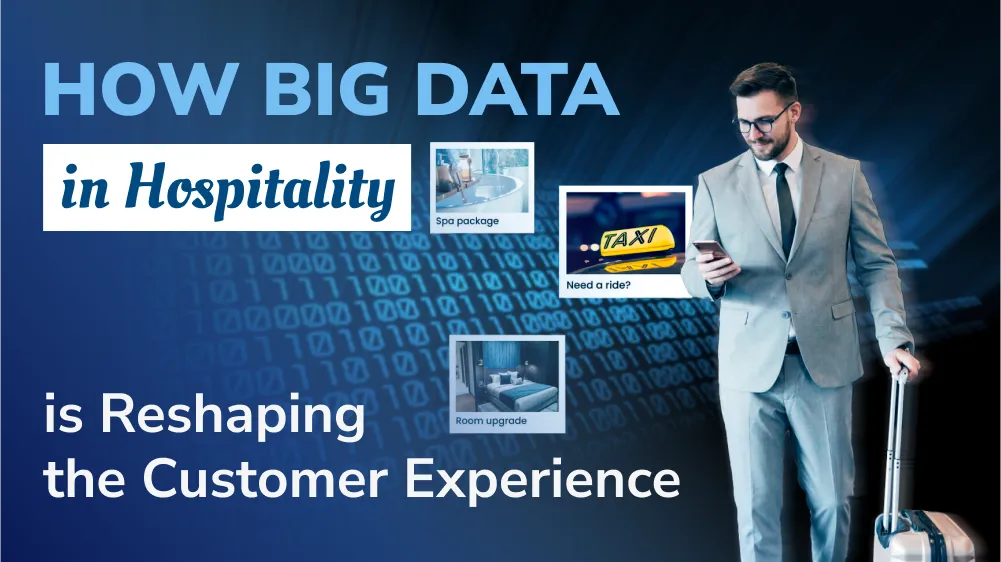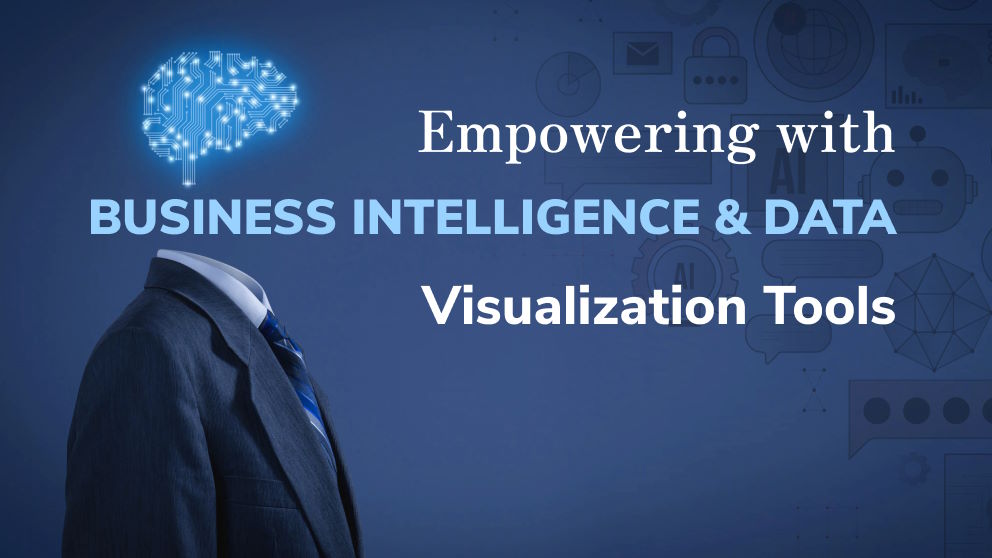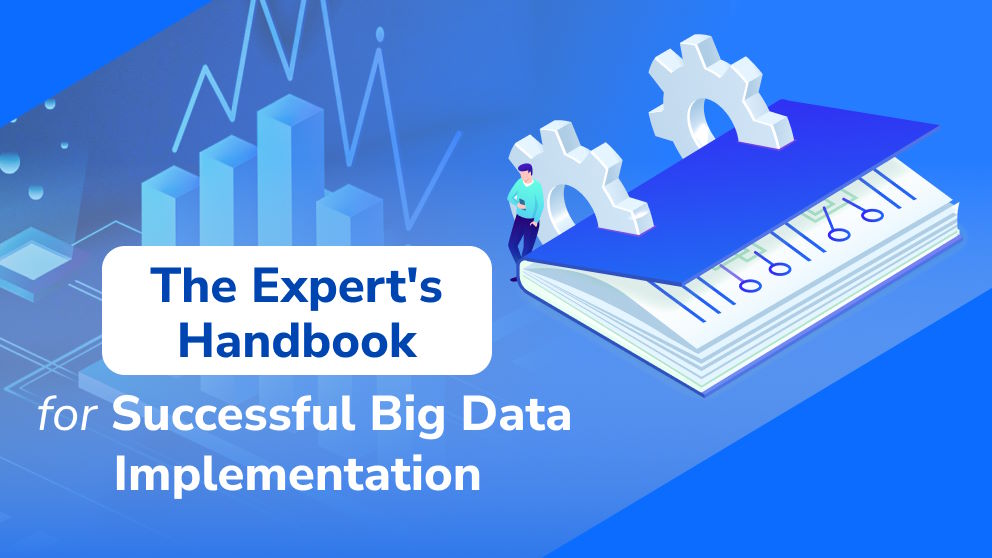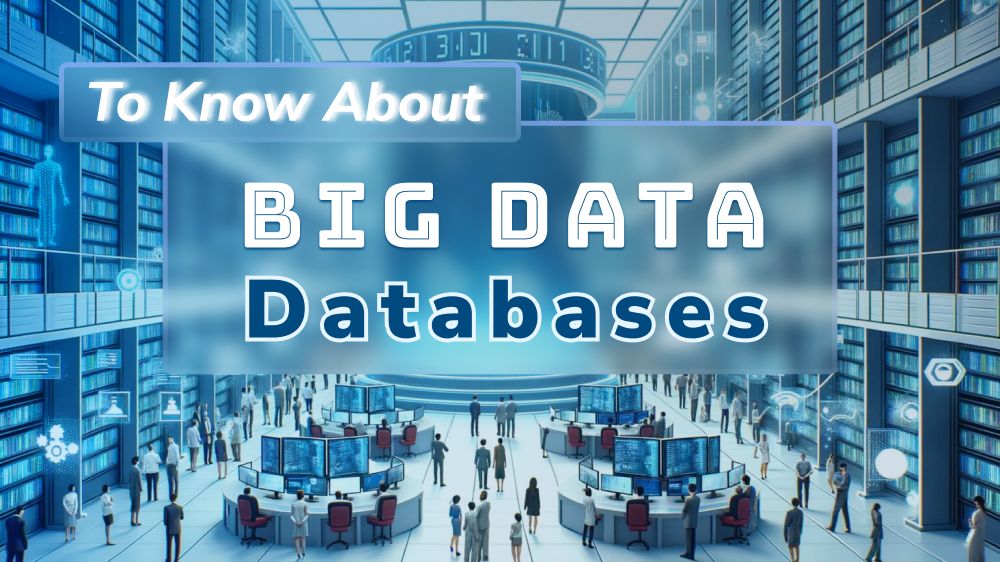
Saving Lives, One Byte at a Time: The Incredible Benefits of Big Data in Healthcare
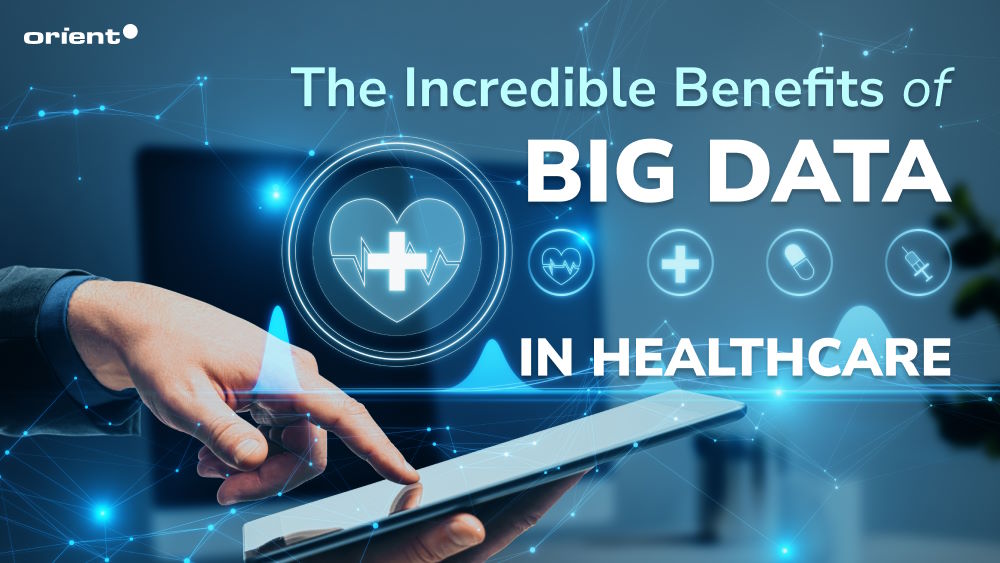
Content Map
More chaptersWe live in the age of big data, where massive amounts of information are generated and collected daily. In the healthcare industry, the data explosion presents immense opportunities to glean insights that can improve patient outcomes and even save lives. From wearables tracking our vitals in real-time to advanced data analytics combing through patient records, big data is revolutionizing the healthcare sector in remarkable ways.
According to one estimate, the healthcare data sphere is projected to reach 2,314 exabytes by 2020. That’s over 2 trillion gigabytes of data! Harnessing these huge volumes of information has the potential to transform the delivery of healthcare as we know it. Big data analytics enables earlier disease detection, better treatment plans, reduced costs, and more informed decision-making. With the application of artificial intelligence and machine learning, the possibilities are endless for what big data can accomplish in healthcare.
This article explores the vast, incredible benefits that big data is bringing to the healthcare industry. Big data solutions are drastically improving treatment by predicting outbreaks faster, personalizing medicine for patients, optimizing hospital operations, and empowering lifesaving breakthroughs. From cost savings to life savings, big data is drastically improving healthcare delivery and outcomes for providers and patients alike. The future is bright when it comes to the healthcare insights big data can unlock.
The Explosion of Healthcare Data
In recent years, healthcare organizations have witnessed an unprecedented explosion of clinical data. The ongoing digitization of healthcare has led to an exponential growth in the medical data volume. Electronic health records (EHRs), laboratory information systems, medical imaging technologies, and the prevalence of medical devices that track health metrics are generating vast troves of information.
Additionally, new sources of healthcare big data are emerging. Genomic sequencing is producing individual genomes at unprecedented rates, with a single sequencing generating upwards of 500 gigabytes to 2 terabytes per person. Wearable devices and mobile health apps allow the passive collection of continuous physiological data over extended periods.
It is estimated that 2.5 exabytes of healthcare-related data will be generated annually worldwide by 2025. That translates to over 600 megabytes per person per year on average. Some projections estimate over 25,000 gigabytes will be generated per individual over their lifetime through medical imaging alone.
As more stakeholders across the continuum of care leverage this data through sharing and analytics, its volume will keep accelerating. By 2030, analysts project global healthcare data to grow over 35 times to exceed 75 exabytes annually. Storing and deriving insights from this scale of health big data presents immense opportunities but also poses major challenges if not properly managed.
As providers, researchers, and patients strive to realize the promise of precision medicine, handling this explosion of rich medical information will be pivotal. New frameworks are sorely needed to efficiently harness the value of healthcare’s ever-expanding data deluge.
How Big Data is Used in Healthcare

In the realm of healthcare, big data has emerged as a game-changing resource that holds immense potential for improving patient outcomes, enhancing operational efficiency, and transforming the delivery of care. Big data analytics is revolutionizing the healthcare industry, offering unprecedented opportunities to improve patient outcomes, enhance efficiency, and enable proactive care. Here are some key ways in which big data is used in healthcare:
- Predicting Outbreaks and Disease Patterns: Big data analytics enables real-time monitoring of health data from various sources, including social media, electronic health records, and wearable devices. By analyzing this vast amount of data, healthcare professionals can identify patterns, predict disease outbreaks, and take proactive measures to prevent the spread of diseases.
- Personalizing Treatment: By leveraging data from millions of patients, big data analytics allows healthcare providers to develop personalized treatment plans. Analyzing patient data, including medical history, genetic information, and treatment outcomes, helps identify optimal treatments for individuals based on their unique characteristics, improving treatment efficacy and patient satisfaction.
- Reducing Costs and Improving Efficiency: Big data analytics plays a crucial role in cost reduction and process optimization within healthcare organizations. By analyzing operational data, such as supply chain management and resource utilization, healthcare providers can identify areas of waste, streamline processes, and make data-driven decisions to improve efficiency and reduce costs.
- Wearables and Remote Monitoring: The data collected from wearables and remote monitoring devices, such as fitness trackers, smartwatches, and IoT-enabled devices, provide valuable insights for preventive care. Continuous monitoring of vital signs, activity levels, sleep patterns, and other health metrics allows healthcare professionals to detect early warning signs, intervene proactively, and promote healthier lifestyles.
The use of big data in healthcare holds immense potential to transform the industry, improve patient outcomes, and enhance operational efficiency. However, it also presents challenges related to information security and data privacy, ensuring the accuracy and reliability of the data collected. To fully harness the power of big data, healthcare organizations must invest in robust data infrastructure, data governance frameworks, and data analytics capabilities.
How Does Big Data Actually Save Lives in Healthcare?
Big data has emerged as a powerful tool in the healthcare industry, playing a vital role in improving patient outcomes and saving lives. By harnessing vast amounts of healthcare data, advanced analytics strategies are revolutionizing various aspects of healthcare. Let’s explore how big data plays a pivotal role in literally saving lives.
Identifying At-risk Patients to Prevent Avoidable Hospital Readmissions
Big data analytics enables healthcare providers to identify at-risk patients who are likely to experience complications or require hospital readmission. By analyzing a multitude of patient data, including medical records, vital signs, medication adherence, and social determinants of health, healthcare systems can apply predictive models and algorithms to identify individuals who may be at a higher risk of readmission. This proactive approach allows healthcare teams to intervene early, provide targeted interventions, and reduce the likelihood of avoidable readmissions, ultimately saving lives and improving patient outcomes.
Improving Clinical Trial Recruitment and Accuracy
Big data revolutionizes the way clinical trials are conducted by improving recruitment and enhancing accuracy. Traditional recruitment methods for clinical trials can be time-consuming and challenging, often resulting in slow enrollment and limited participant diversity. With big data, healthcare organizations can analyze vast amounts of patient and population data to identify suitable candidates for clinical trials based on specific criteria. This data-driven approach streamlines recruitment, increases participant diversity, and ensures the accuracy of trial results. By optimizing clinical trial processes, big data analysis accelerates the development and approval of lifesaving treatments.
Earlier Detection of Potential Pandemics
By monitoring vast amounts of data from various sources, including social media, electronic health records, emergency room visits, and syndromic surveillance systems, health authorities can identify emerging patterns and detect unusual disease outbreaks. Advanced analytics algorithms can analyze this data in real time and provide actionable insights, enabling public health officials to respond swiftly, allocate resources effectively, and implement preventive measures. By detecting and responding to potential pandemics early, big data analytics helps save lives by reducing the spread of infectious diseases and enabling timely interventions.
Real-Time Advanced Analytics during Surgery
Big data analytics facilitates real-time advanced analytics during surgery, providing surgeons and healthcare teams with critical insights and decision support. By integrating data from multiple sources, such as electronic health records, imaging data, intraoperative monitors, and wearable devices, real-time analytics platforms can analyze and interpret complex data streams. Surgeons can receive real-time alerts, predictive analytics, and visualization tools that enhance surgical precision, reduce complications, and improve patient safety. The ability to make data-driven decisions during surgery can have a significant influence on patient outcomes, enabling faster interventions and more successful procedures.
To summarize, big data analytics is revolutionizing healthcare data analytics delivery and patient care. As healthcare systems continue to harness the big data power, the potential to save lives and improve outcomes will continue to grow, ushering in a new era of data-driven healthcare.
Challenges of Implementing Big Data in Healthcare
Implementing big data initiatives in the healthcare industry offers tremendous potential for improving patient care and outcomes. However, several challenges must be addressed for successful implementation. Here are key challenges faced when integrating big data in healthcare:
- Privacy and Data Security Concerns: Healthcare data contains sensitive and personal information, making privacy and data security a paramount concern. Safeguarding patient confidentiality, ensuring compliance with privacy regulations (such as HIPAA), and protecting against data breaches are critical challenges that must be addressed to build trust and maintain data integrity.
- Integration Difficulties Due to Old Systems: Many healthcare firms still rely on legacy systems that may not be designed to handle the complexities of big data. Integrating these older systems with modern big data infrastructure can be a daunting task that may require significant investment in technology upgrades, data migration, and interoperability solutions.
- Regulatory Compliance: The healthcare industry is subject to compliance requirements and stringent regulations. Implementing big data initiatives must align with regulatory frameworks, such as HIPAA, GDPR, and local data protection laws. Ensuring that data collection, storage, and analysis practices comply with these regulations adds complexity and requires careful planning.
- Need for Data Science Skills to Glean Insights: Extracting meaningful insights from big data requires expertise in data science and analytics. Healthcare organizations need skilled professionals who can effectively analyze and interpret complex datasets to derive actionable insights. Acquiring and retaining data science talent can be a challenge due to the high demand and competitive job market in this field.
Considering these challenges, partnering with reliable outsourcing services can be a viable solution. Orient Software, known for its expertise in big data-driven solutions, offers specialized services in healthcare data analysis and implementation. With our experienced professionals, we can assist healthcare organizations in overcoming the challenges of implementing big data initiatives, ensuring data privacy, integration, and compliance, and extracting valuable insights to improve patient care.


